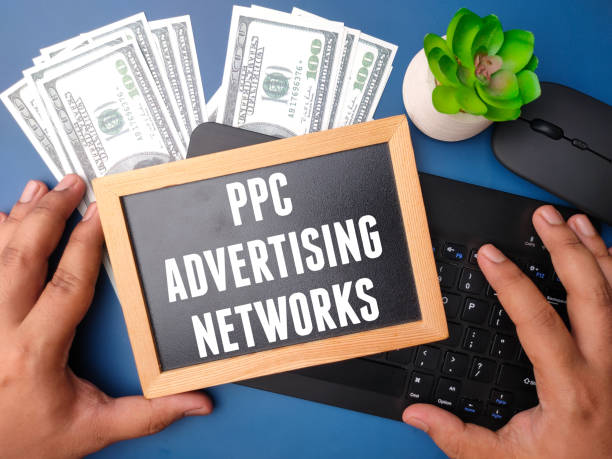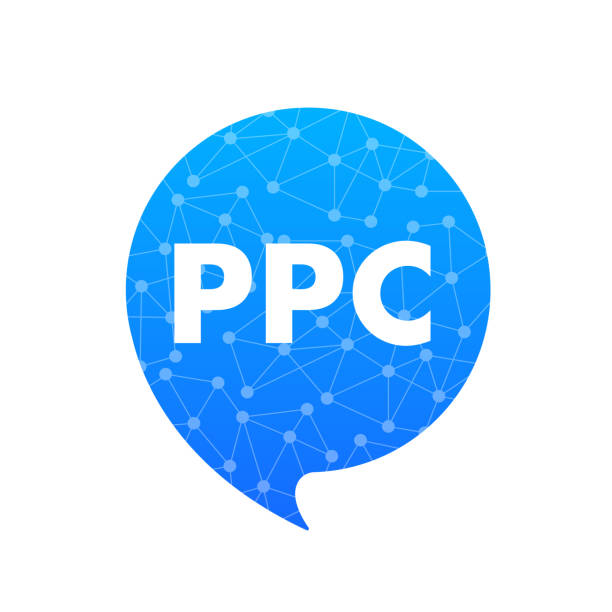Pay-per-click (PPC) advertising is a powerful way to grow your business online. However, the success of your campaign heavily depends on selecting the right PPC advertising keywords. If your keywords are not relevant or effective, you could end up wasting your budget without achieving your goals. In this guide, we will cover the essential tips you need to choose the most impactful keywords for your PPC campaigns.
What Are PPC Advertising Keywords?
PPC advertising keywords are the search terms that trigger your ads to appear in search engine results. When users type these keywords, your ad can show up if you have included those words in your campaign. These keywords connect you to potential customers who are already interested in what you offer.
Why Choosing the Right Keywords Matters
- Relevance: Your keywords should match the intent of your audience.
- Cost-effectiveness: Picking the wrong keywords can drain your budget without delivering results.
- Ad placement: Effective keywords increase your chances of appearing in the right searches.
Focusing on PPC advertising keywords ensures your ad campaign targets the right audience while maintaining a manageable budget.
How to Brainstorm PPC Advertising Keywords
Start with Broad Ideas
Begin with general terms that describe your products or services. For example, if you sell running shoes, you could list words like “sports shoes,” “athletic footwear,” and “jogging sneakers.” Write down anything that comes to mind.
Think Like Your Customers
Ask yourself: What would my customers search for? Use phrases that match how your audience talks about your offerings. For example, they might type “best shoes for running” rather than technical jargon.
Research Competitor Keywords
Competitors can give you clues about which keywords work. Use online tools to analyze the terms they are bidding on and identify opportunities to target similar or alternative phrases.
The Role of Keyword Research Tools: PPC Advertising Keywords
Keyword research tools are essential for discovering and analyzing PPC advertising keywords. These tools provide data on:
- Search volume: How many people search for a keyword.
- Competition: How many advertisers are bidding on the keyword.
- Cost-per-click (CPC): The average amount advertisers pay for a click.
Some popular tools include Google Keyword Planner, SEMrush, and Ubersuggest.

Use Data to Refine Your List: PPC Advertising Keywords
Input your brainstormed keywords into a research tool to see their performance. Look for keywords with:
- Moderate competition: Avoid overly competitive terms.
- High intent: Words that signal a buyer is ready to act, like “buy,” “get,” or “hire.”
Types of PPC Advertising Keywords
Broad Match Keywords
These keywords capture a wide audience because they trigger your ad for related searches. For example, “running shoes” might also match “jogging sneakers.” While they increase exposure, they may not always attract the most relevant clicks.
Phrase Match Keywords
Phrase match keywords trigger ads when the exact phrase appears in a search query. For example, “buy running shoes” would match “where to buy running shoes,” but not “best running shoes.”
Exact Match Keywords: PPC Advertising Keywords
These keywords are highly specific. Your ad will only appear if the search term matches exactly. For instance, “red running shoes” will not show up for “blue running shoes.” This approach provides precise targeting but may limit traffic.
Negative Keywords
Negative keywords are terms you exclude from your campaign to prevent irrelevant clicks. For example, if you sell luxury shoes, you might exclude “cheap” to avoid attracting budget shoppers.
Tips for Choosing the Right PPC Advertising Keywords
1. Focus on Relevance
Your keywords should directly relate to your product or service. Irrelevant keywords may bring visitors, but they are unlikely to convert into customers.
2. Target Specific Audiences
Narrow down your focus by choosing long-tail keywords. These phrases are longer and more specific, such as “comfortable running shoes for women.” While they may have lower search volumes, they often have higher conversion rates.
3. Balance Search Volume and Competition: PPC Advertising Keywords
High-volume keywords are tempting, but they often come with fierce competition. Strive for a balance by selecting moderately competitive terms that still attract sufficient traffic.
4. Use Seasonal Keywords
Adjust your keyword strategy to include terms related to specific times of the year. For example, “holiday running shoe deals” might be relevant during the shopping season.
5. Regularly Update Your Keyword List
Trends change, and so do search habits. Periodically review your keywords and remove underperformers while adding fresh terms.
How to Organize Your Keywords
Group Similar Keywords Together
Create ad groups based on related keywords. For example, one group could target “men’s running shoes,” while another focuses on “women’s jogging sneakers.” This structure ensures your ads are more relevant.
Match Ad Copy to Keywords
Tailor your ad text to reflect the keywords in each group. If a keyword is “lightweight running shoes,” your ad should mention those shoes specifically. This improves click-through rates.

Monitoring Keyword Performance: PPC Advertising Keywords
Track Key Metrics
Use analytics to monitor how your keywords are performing. Focus on metrics such as:
- Click-through rate (CTR)
- Conversion rate
- Cost-per-click (CPC)
Adjust Bids Based on Results: PPC Advertising Keywords
If a keyword is performing well, consider increasing its bid to gain more visibility. Conversely, lower bids or pause keywords that are not delivering results.
Common Mistakes to Avoid
1. Ignoring Negative Keywords
Without negative keywords, your ad might appear in irrelevant searches, wasting your budget.
2. Overloading with Broad Match Terms
While broad match keywords increase visibility, relying too heavily on them can lead to unqualified traffic.
3. Failing to Test
Always test new keywords and ad copy. Small adjustments can have a big impact on performance.
Conclusion: PPC Advertising Keywords
Choosing the right PPC advertising keywords is a critical step in running a successful campaign. By focusing on relevance, targeting specific audiences, and regularly refining your keyword list, you can improve your ad performance and make the most of your advertising budget. Remember, effective keyword selection is an ongoing process that requires careful planning and continuous optimization.








[…] Pay Per Click (PPC) Marketing Navigate PPC Keyword Research Like a Pro Pay Per Click (PPC) Marketing Essential Tips for Choosing PPC Advertising Keywords […]